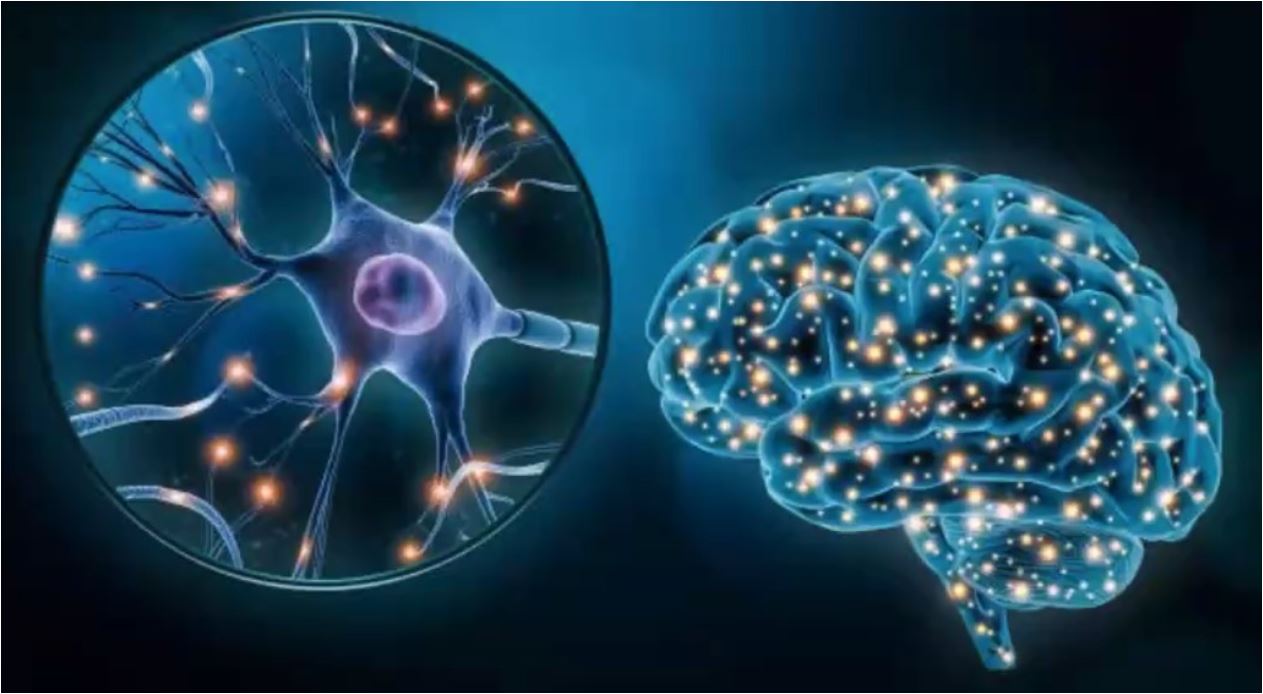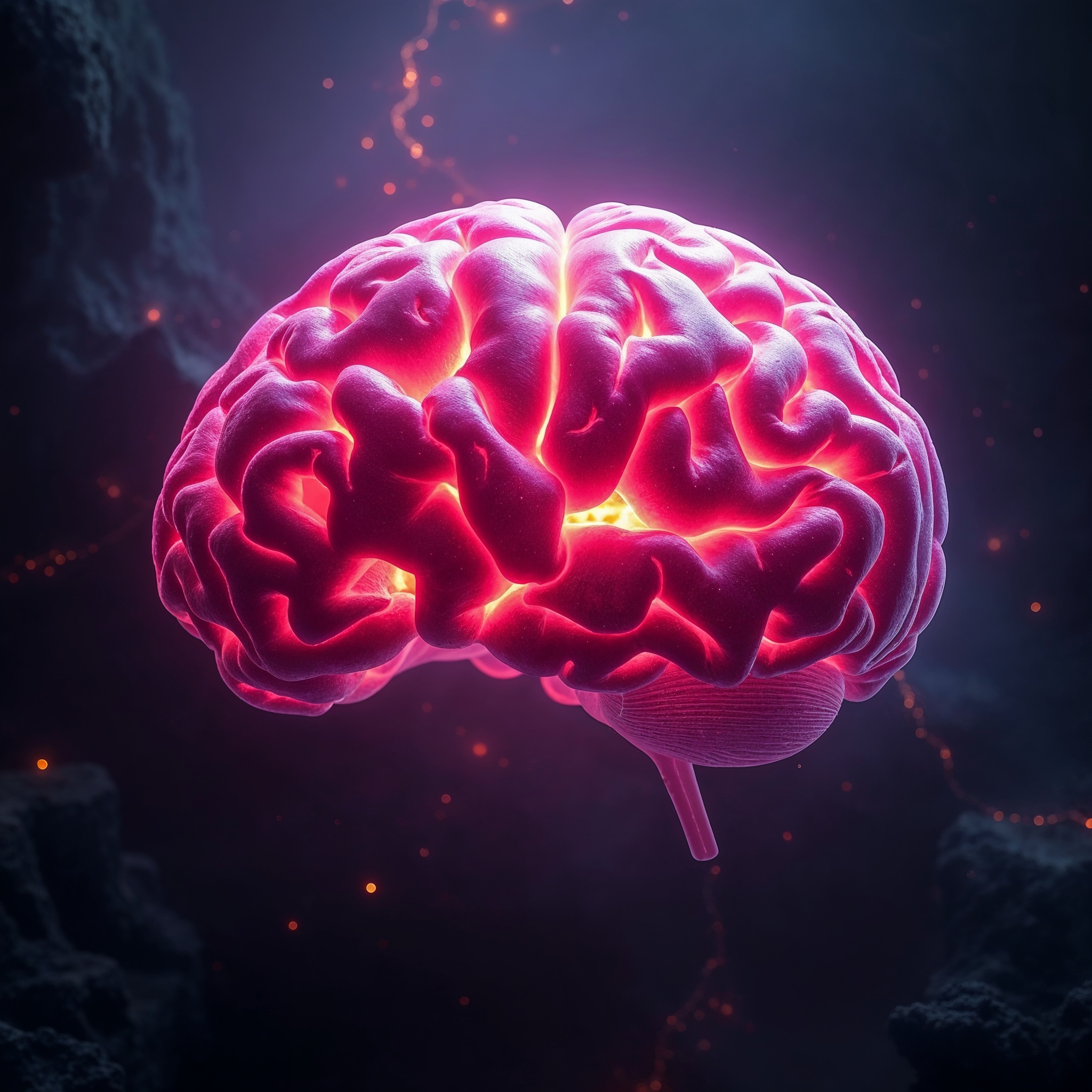Breaking News and Contradictory Findings in ADHD Treatment (2025)
Harold Robert Meyer and The ADD Resource Center 04/20/2025 Revolutionary ADHD Treatment Challenges Conventional Wisdom: New Research Reveals Breakthrough Approach. (Initial results are being questioned by many clinicians) Recent developments in ADHD research and treatment have sparked significant debate, with some findings and media coverage challenging established views. Here are the most notable updates that contradict or … Read more









